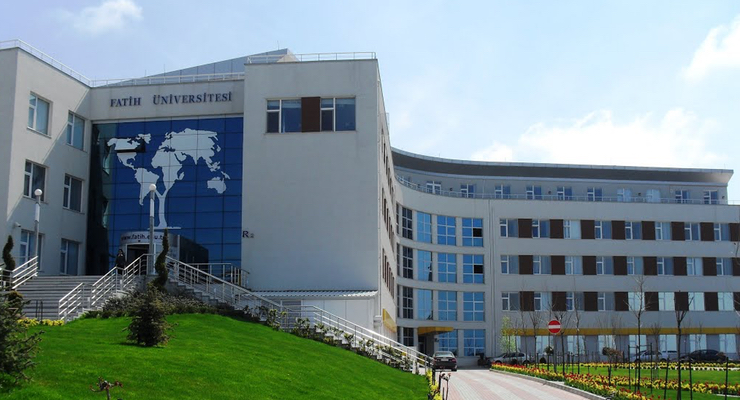The Turkish government has seized the title deeds of a total of 5,401 properties that have links to the faith-based Gülen movement as part of its ongoing witch-hunt against the movement, according to Turkey’s General Directorate of Land Registry and Cadaster, the Hürriyet daily reported on Sunday.
According to the daily, 3,314 of the title deeds were transferred to the state treasury, while 2,087 of them were conveyed to the Prime Ministry’s Directorate General of Foundations.
The most valuable property seized by the state among Gülen-linked real estate parcels was land belonging to Fatih University in İstanbul’s Büyükçekmece district.
The number of Gülen-linked properties seized by the government was the highest in Van with 179, followed by İstanbul with 159, İzmir 155, Ankara 148, Kütahya 123 and Adana with 117.
Environment and Urban Planning Minister Mehmet Özhaseki announced last week that the value of immovable properties including dormitories, real estate and schools that the government has confiscated as part of its clampdown on the Gülen movement totals around TL 15 billion ($4.9 billion).
A total of 3,333 properties were taken over by the Finance Ministry and 2,086 others by the Prime Ministry’s Directorate General of Foundations by means of government decrees issued under emergency rule, Özhaseki said.
Turkey experienced a military coup attempt on July 15 that killed over 240 people and wounded more than a thousand others. Immediately after the putsch, the Justice and Development Party (AKP) government along with President Recep Tayyip Erdoğan pinned the blame on the Gülen movement despite the lack of any evidence to that effect.
Although the Gülen movement strongly denies having any role in the putsch, the government accuses it of having masterminded the foiled coup. Fethullah Gülen, who inspired the movement, called for an international investigation into the coup attempt, but President Erdoğan — calling the coup attempt “a gift from God” — and the government initiated a widespread purge aimed at cleansing sympathizers of the movement from within state institutions, dehumanizing its popular figures and putting them in custody.
More than 100,000 people have been purged from state bodies and 32,000 arrested since the coup attempt. Arrestees include journalists, judges, prosecutors, police and military officers, academics, governors and even a comedian.

